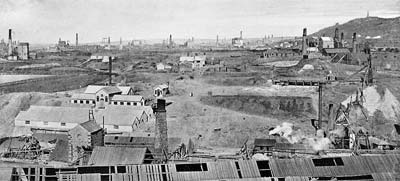Cornish History
Cornwall has some distinct customs and traditions, and is known for many things, including their food, mining industry, smuggling, and the rugged coastline and beaches.
Food
The food most commonly related to Cornwall is the Cornish Pasty, although other common foods are Cornish Heavy Cake, Cornish fudge, saffron buns, Cornish ice cream and Cornish clotted cream. There are also many types of beer brewed in Cornwall, along with cider and wine production.
Smugglers
The high rates on goods such as tea, wine and spirits, made the import of such goods very costly. The smuggling industry was, for many communities, more economical than legal activities such as fishing or farming.
Mining in Cornwall
The Cornish were once the foremost experts of mining. Mining in Cornwall first began in approxmiately 2,150 BC, and ended in 1998 with the South Crofy tin mine closing.
It was in the 19th century that mining reached its most profitable (before foreign competition made the Cornish ore unprofitable). The richest mining areas were around St Day and on the coast around Porthtowan, and at the height of the Cornish tin mining industry it had around 600 steam engines working to pump out the mines (many mines reach out under the sea and some went down to great depths).

By the late 19th century, as the Cornish mining was in decline, many of the Cornish miners emigrated overseas to developing mining towns where their skills were in great demand. Since the decline of tin mining, agriculture and fishing, the area's economy has become increasingly dependent on tourism— some of Britain's most spectacular coastal scenery can be found here.